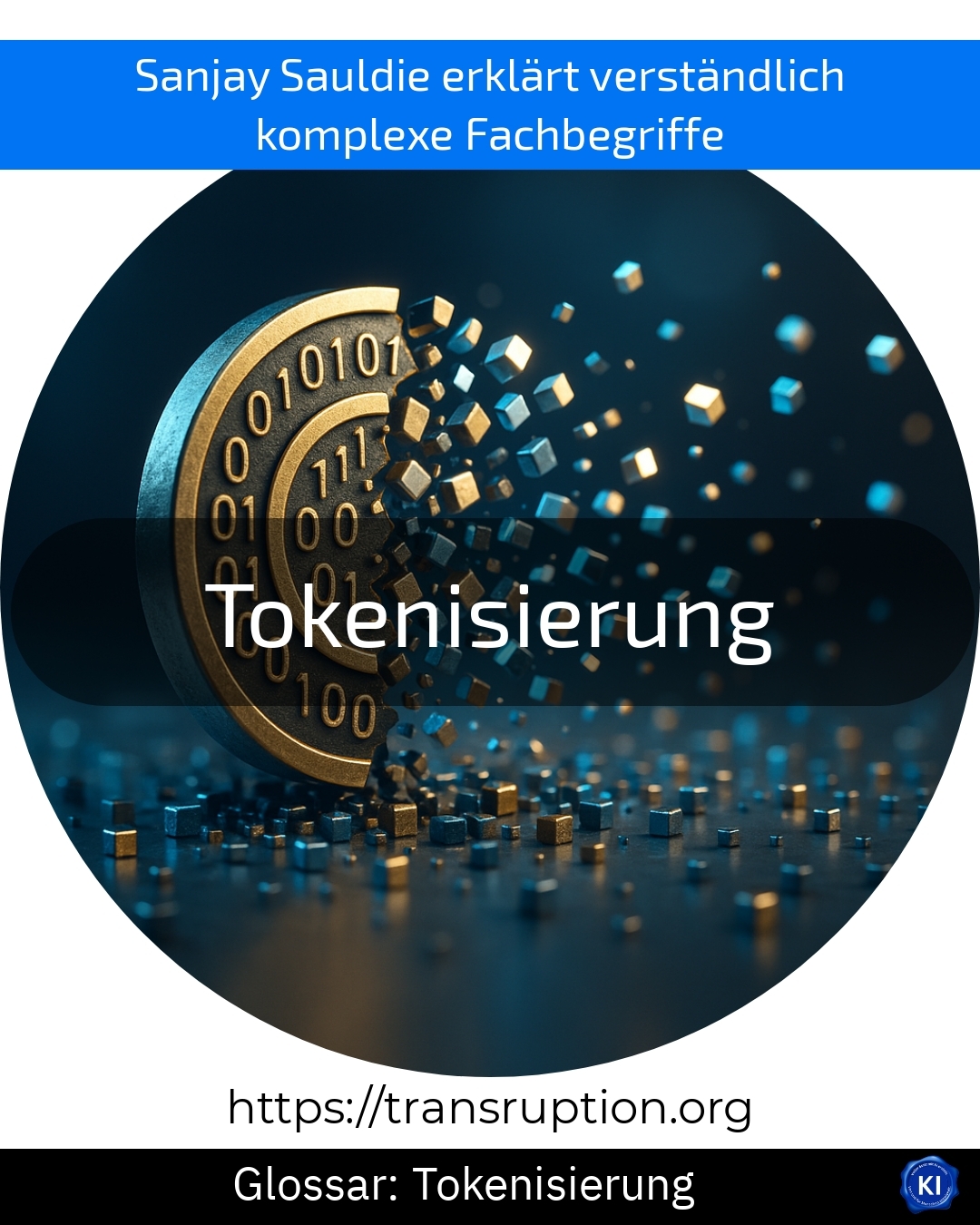The term tokenisation can be found above all in the fields of artificial intelligence, big data and smart data as well as cybercrime and cybersecurity.
Tokenisation means that large amounts of data, such as texts or sensitive information, are broken down or converted into smaller units known as tokens. In artificial intelligence, tokenisation helps computers to better understand language or text by dividing words, sentences or even individual characters into manageable parts. This facilitates automatic translations or chatbots, for example.
In the area of cybersecurity, tokenisation protects sensitive data such as credit card numbers by replacing them with a "token". A token is a kind of placeholder: if someone intercepts the data, only the useless token is visible and not the real information.
An illustrative example: You enter your credit card number when shopping online. The system replaces the real number with a random code (token). Payment is later made using the token, and the actual credit card number remains securely hidden. Tokenisation thus ensures greater data protection and better data processing in digital applications.















